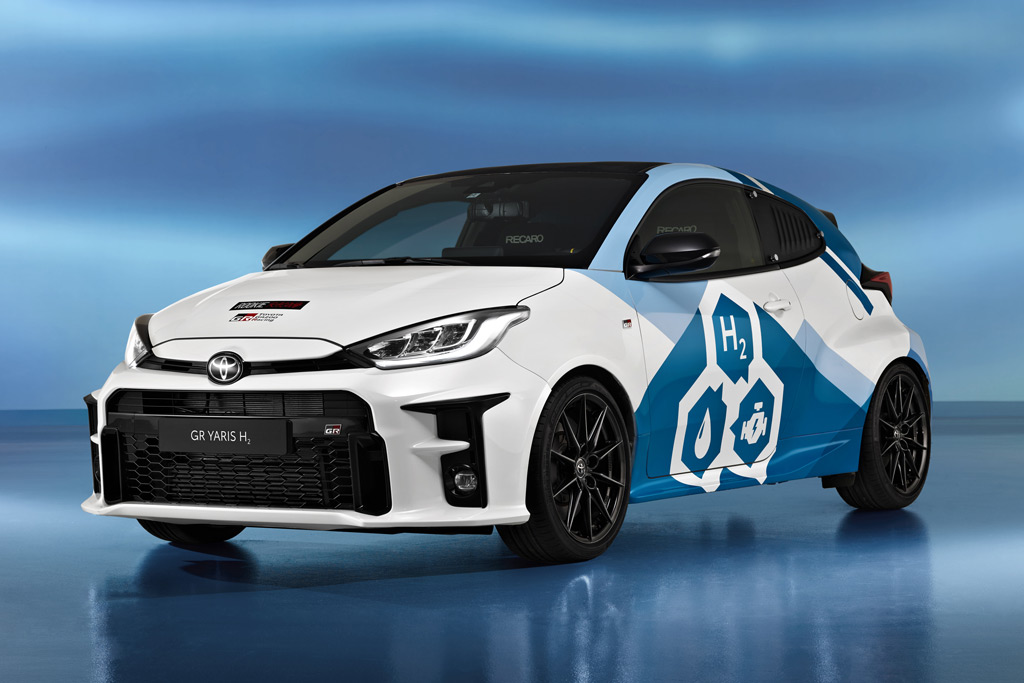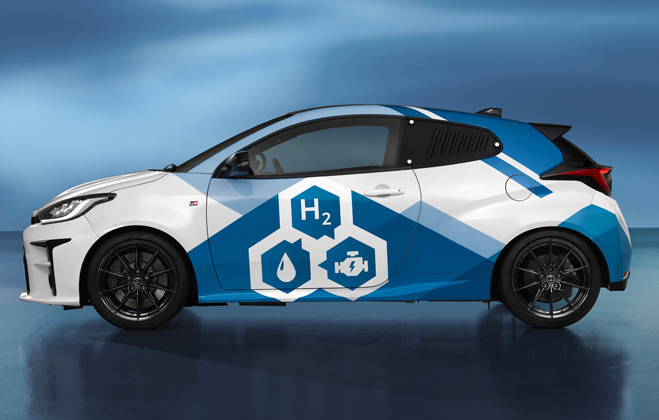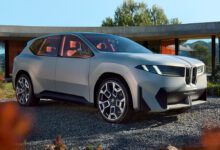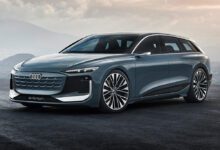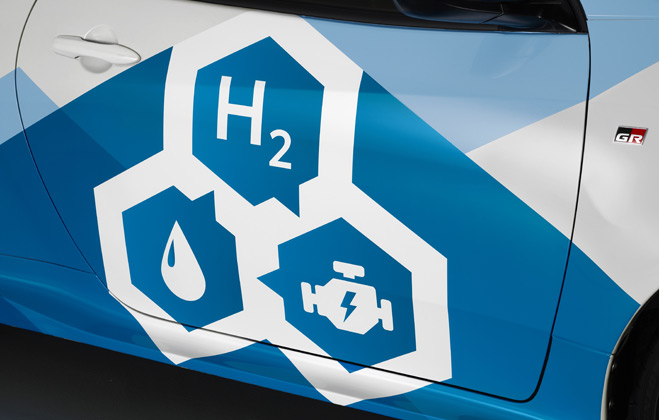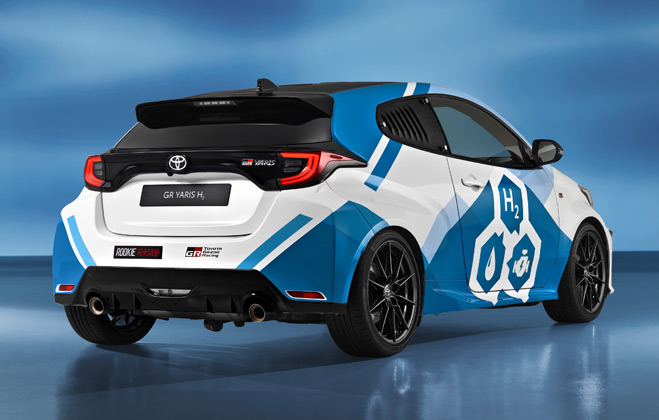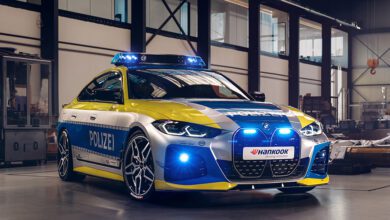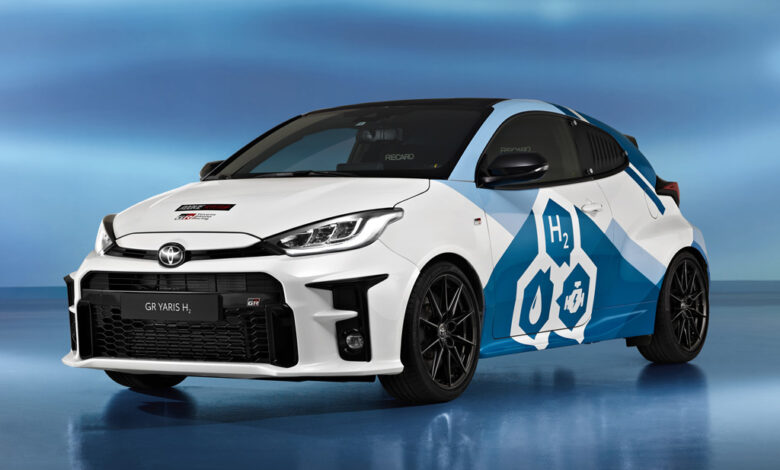
Toyota unveils hydrogen-powered GR Yaris prototype
Toyota introduces experimental hydrogen combustion engine technology in the award-winning GR Yaris sports car.
The hydrogen fuel, hydrogen tanks and refueling process of the GR Yaris prototype are the same as those of the Mirai sedan, Toyota's flagship hydrogen fuel cell model, the second generation of which has been on the market since late 2020. Mirai is an electric vehicle powered by energy generated by the chemical reaction of hydrogen and oxygen in fuel cells. The GR Yaris drive is based on a different technology - it uses an internal combustion engine that uses hydrogen as fuel.
Toyota GR Yaris H2
Work on the hydrogen internal combustion engine technology began in 2017 and, although it is still in the early stages of development and testing, and therefore not yet ready for commercial use, Corolla Sport is already showing strong performance in Japanese racing with an experimental hydrogen engine. with virtually zero emissions.
“The Japanese automotive industry is most successful in the production of passenger cars. Manufacturers must race to test their cars for durability and performance, and to showcase their full potential. Progress comes with competition. It is also a source of excitement among car enthusiasts. Racing not only satisfies our curiosity, but above all contributes to the development of the Japanese car industry, ”emphasized in March 1952 Kiichiro Toyoda, founder of Toyota Motor Corporation.
The GR Yaris and Corolla Sport experimental hydrogen prototypes use the same turbocharged 1.6-liter three-cylinder G16E-GTS engine. The fuel system and injection system have been modified so that hydrogen can be used as fuel.
Since May of this year, the experimental Corolla Sport has been racing in Japan's Super Taikyu series under the name of ROOKIE Racing, a team dependent on TOYOTA GAZOO Racing. Thus, the prototype hydrogen internal combustion engine was tested in the most severe conditions of sports competitions.
“Building our hydrogen combustion engine for racing was just the first step. I imagine things will be very different in 10 years, so I hope that in the future people will look back and appreciate that we approached this challenge with a positive attitude, enjoying every moment,” said Akio Toyoda, President of Toyota Motor . Corporation.
Hydrogen burns faster than gasoline, which means high dynamics with excellent environmental performance. Hydrogen combustion, in addition to being extremely clean, can also provide driving pleasure thanks to the acoustic and sensory experiences that are characteristic of internal combustion engines.
Toyota is constantly stepping up its efforts to achieve climate neutrality, including by promoting the use of hydrogen in hydrogen fuel cell electric vehicles (FCEVs) and other fuel cell products. By continuing to advance hydrogen technology as part of its involvement in motorsports, Toyota is committed to achieving a carbon-free, hydrogen-powered economy.
Photos: Toyota

